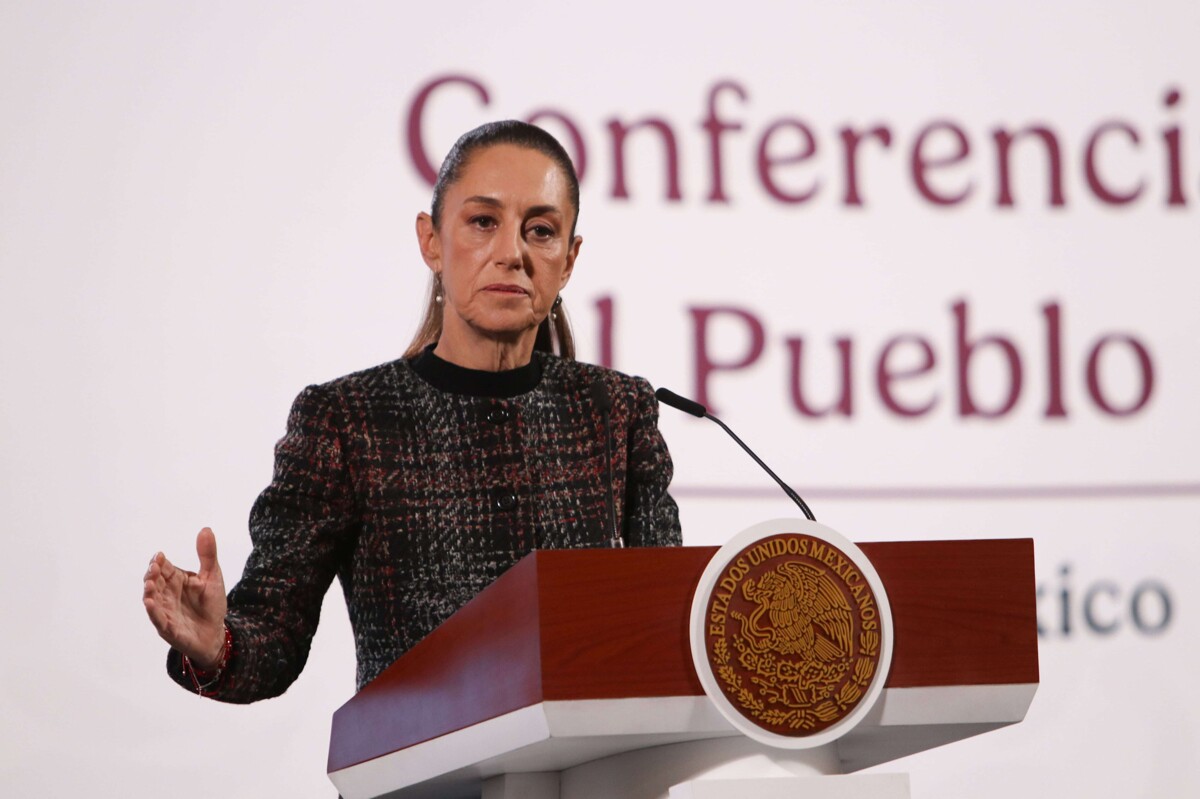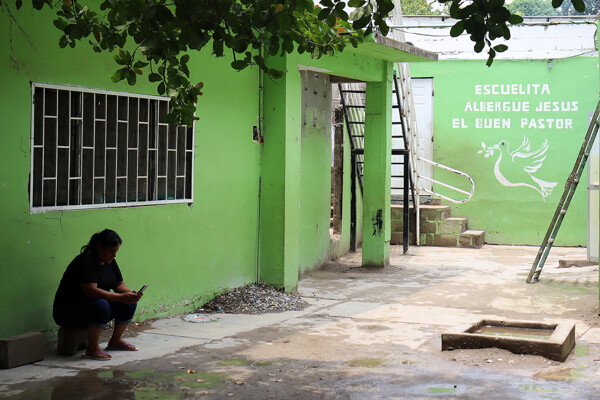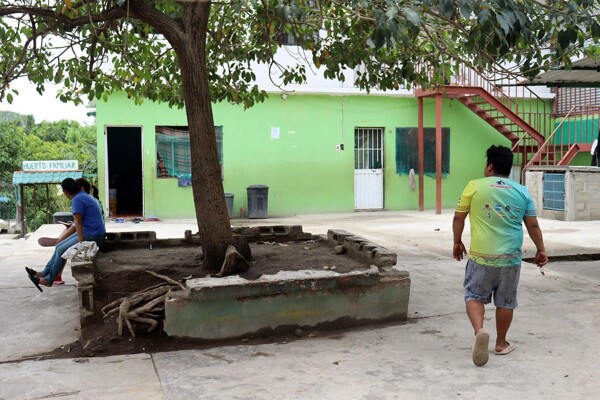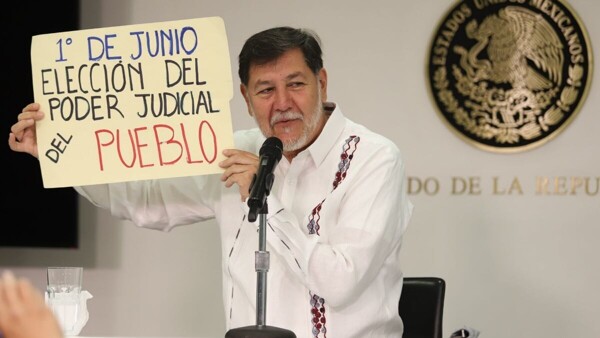
President Claudia Sheinbaum seems to have ignored the warning that the migration problem is internal, not external as President Donald Trump claims. Despite the previously announced domestic strategies, the Government of Mexico has failed to neutralize the threats from the U.S. president or to demonstrate that the country is not controlled by criminal groups, as perceived in the U.S.
Last week, Secretary of State Marco Rubio held talks with 17 foreign ministers without President Sheinbaum getting involved in the issue. For her part, Trump's spokesperson, Karoline Leavitt, wrote on social media that Mexico had accepted various U.S. demands to avoid trade sanctions, including an increase in deportation flights and the deployment of the National Guard at the southern border.
However, despite these efforts, the imposition of tariffs by the U.S. remains a possibility if the trafficking of fentanyl to the neighboring country is not controlled. According to intelligence reports, there are criminal networks related to the trafficking of this drug, involving politicians and businesspeople affiliated with the Morena party in Mexico.
The migratory strategy implemented so far has proven to be reactive and ineffective, failing to address the root causes of the migratory phenomenon or contain the violence associated with drug trafficking. Migrant caravans continue their journey to the northern border, challenging the measures implemented by the Mexican government.
There is a need for a comprehensive migration policy that recognizes the roots of migration, addresses inequality and violence, and puts an end to the illicit production of fentanyl in Mexican territory. The lack of a long-term strategy has exposed deficiencies in political communication and concrete actions to combat organized crime and drug trafficking.
Trump's pressure on Mexico regarding the migration issue has led to a strategic alignment that still does not resolve the underlying problems. The lack of a comprehensive and effective response from the Mexican government calls into question its ability to address the challenges posed by the U.S. administration.
In conclusion, the migration crisis between Mexico and the U.S. does not seem to find a short-term solution, and the reactive measures implemented so far may not be enough to contain the increasing pressure from the White House. The lack of a comprehensive migration policy and strong actions against drug trafficking poses a continuous challenge for the Mexican government in its relations with its northern neighbor.














